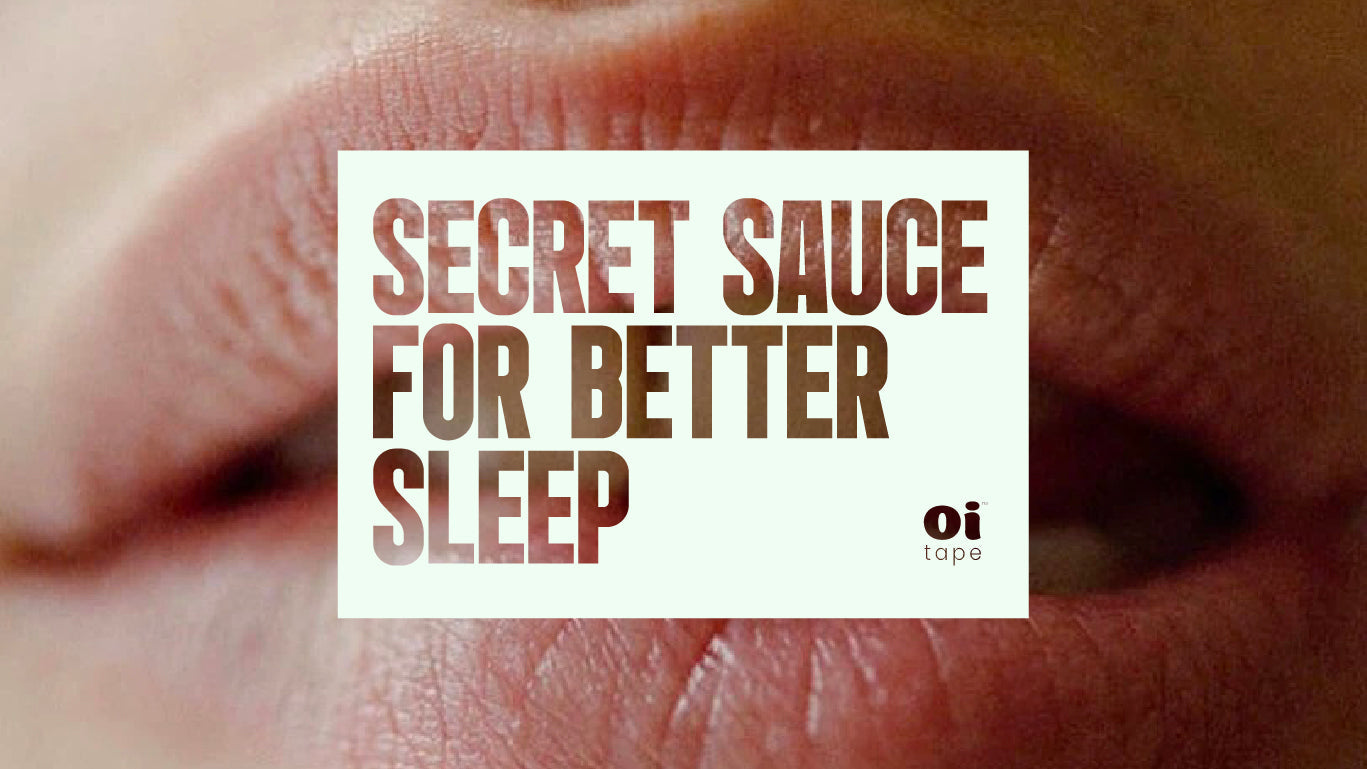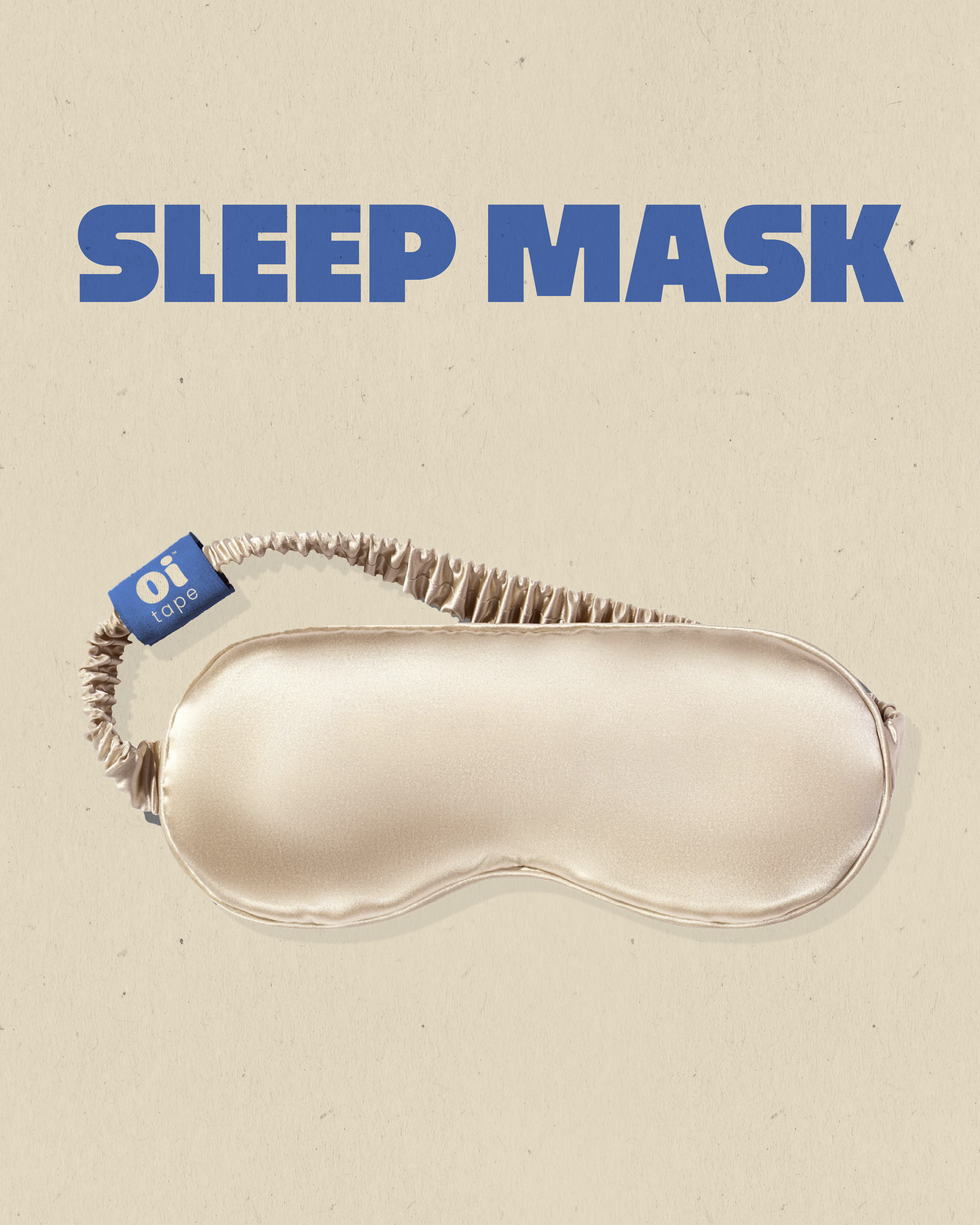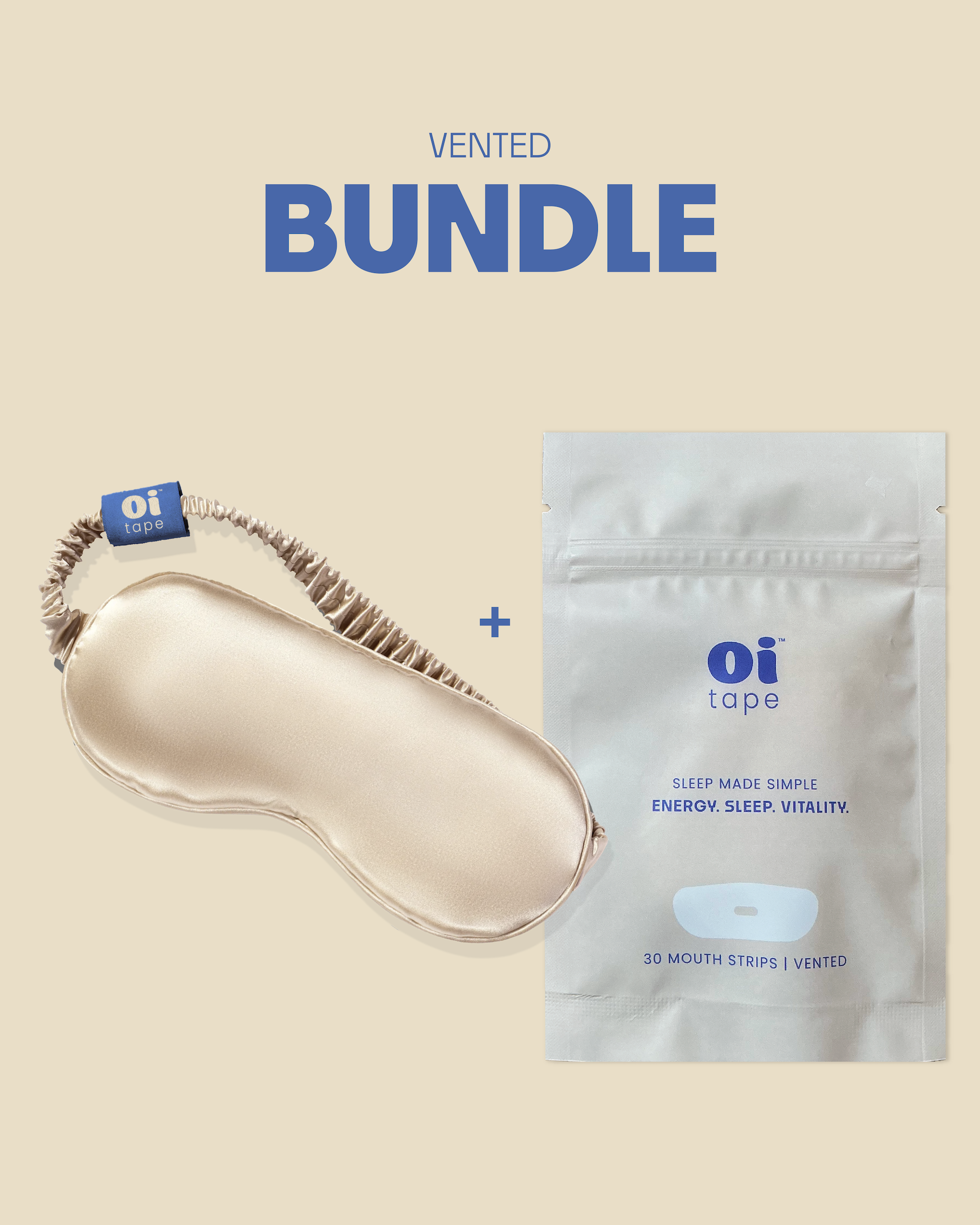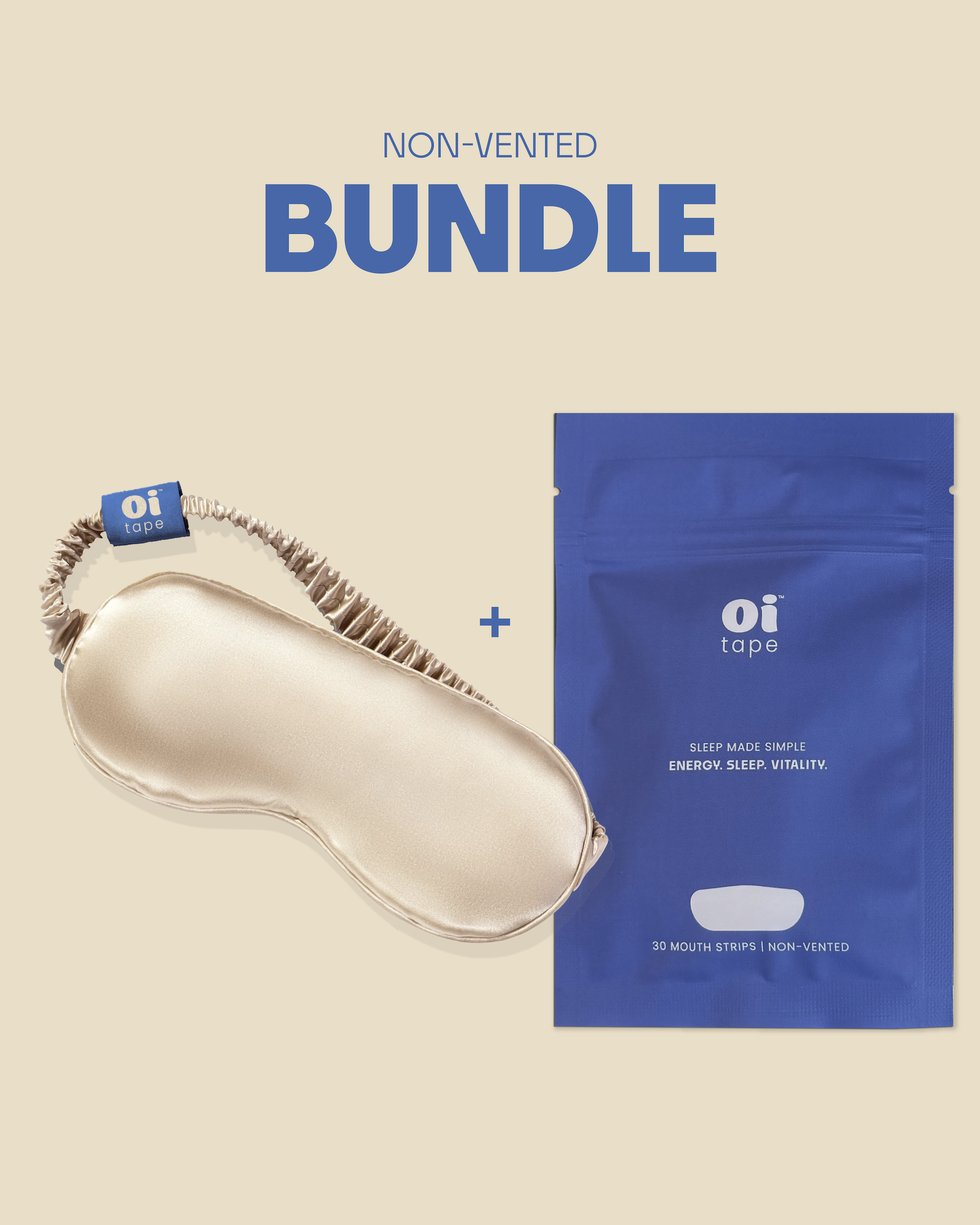

The Secret Sauce for Better Sleep
Everyone talks about the “secret sauce” to better sleep, but the truth is—it isn’t just one thing. Good sleep comes from healthy sleep cycles, a good environment, and habits that help you rest well. Whether you struggle with falling asleep, staying asleep, or waking refreshed, here’s how to unlock your own secret sauce for better sleep.
Understanding Sleep Cycles
Your body cycles through REM (rapid eye movement) and non-REM sleep, and both sleep patterns are essential. Non-REM phase of sleep restores the body, while REM sleep strengthens memory, focus, and creativity.
If disruptions occur in your sleep cycles, you may wake up feeling groggy, no matter how many hours you spend in bed. To improve your sleep cycles:
-
Go to bed and wake up at the same time daily.
-
Avoid caffeine and heavy meals before bed.
-
Use breathwork or relaxation exercises to help your body transition smoothly into deeper stages of sleep.
-
Creating an Ideal Sleep Environment
The right setting can make or break your sleep quality. Experts recommend:
-
Keep your bedroom dark and quiet by using blackout curtains or a white noise machine.
-
Set the room temperature between 60–67°F for optimal comfort.
-
Invest in a supportive mattress and breathable bedding that align with your sleep style.
Even small changes—like lowering the thermostat or reducing light exposure—can help signal to your body that it’s time to wind down.
Lifestyle Habits That Promote Better Sleep
Your daily choices matter more than you think. The following habits support a deeper night’s rest:
-
Diet and exercise: Regular physical activity improves sleep quality, while a balanced diet helps regulate energy. Avoid alcohol and heavy meals close to bedtime.
-
Relaxation techniques: Activities like meditation, gentle stretching, or guided breathing can soothe the nervous system. They help the body get ready for rest. Yes—relaxation techniques really can help with sleep issues.
-
Limit screen time: Blue light from phones and laptops interferes with melatonin production. Try unplugging an hour before bed or using blue-light filters.
Your Personalized Secret Sauce
The secret sauce for better sleep isn’t one-size-fits-all. For some, it’s adjusting sleep cycles; for others, it’s optimizing their environment or practicing daily relaxation techniques. Experiment with these strategies, track your progress, and discover the right mix that helps you wake up energized.
Mouth tape can help you sleep better. It promotes breathing through your nose, reduces snoring, and helps you wake up feeling more energized. Try incorporating Oi Tape™ mouth tape into your routine to support deeper, more restorative rest.
Better sleep isn’t a luxury—it’s the foundation of good health. When you treat rest as a priority, your body and mind will thank you.
Try 4-7-8 Breathing
Empty your lungs completely by letting your lips part and audibly exhaling through your mouth.
Keeping your mouth closed, inhale quietly through your nose while counting to 4.
Hold your breath for a count of 7.
Exhale slowly through your mouth for a count of 8.
Repeat this cycle around 6 times before returning to normal breathing
FAQs for Better Sleep
Can relaxation techniques help with sleep issues?
Yes. Relaxation techniques such as meditation, breathwork, and progressive muscle relaxation can lower stress hormones. They help calm the nervous system and make it easier to fall asleep naturally.
How many hours of sleep do adults need?
The amount of sleep that most adults need is 7 to 9 hours of good sleep each night with a set sleep schedule. This helps restore energy, support brain function, and keep overall health.
Can breathwork improve sleep quality?
Yes. Breathwork calms the nervous system and reduces stress. It also encourages nasal breathing. This supports better sleep and fewer awakenings.
What is the best room temperature for sleep?
Experts suggest keeping your bedroom between 60 and 67°F. Cooler temperatures tell your body it’s time to rest.
Does screen time really affect sleep?
Yes. Blue light from phones, tablets, and TVs can disrupt melatonin production, making it harder to fall asleep. Limiting screen time an hour before bed helps.
Can diet and exercise improve sleep?
Definitely. Regular exercise and a healthy diet help you sleep better. Avoiding caffeine and alcohol before bed leads to more restful nights.
Is mouth taping safe for better sleep?
Mouth taping is generally safe for most people and can improve sleep by encouraging nasal breathing. However, those with medical conditions like sleep apnea should consult a doctor first.





